In the realm of wildlife management, a recent proposal put forth by the Shooters, Fishers and Farmers Party has sparked both interest and controversy. The party’s leader, Robert Borsak, unveiled a plan that would establish a new state body dedicated to overseeing “conservation hunting.
” This initiative aims to recognize the significance of “
cultural hunting
” practices among Indigenous and non-Indigenous communities while also promoting responsible pest control measures.
According to Borsak, the proposed council would comprise seven members, with four nominees from shooters organizations. This council would operate under the guidance of a newly appointed hunting minister and take over some functions previously handled by the now-defunct Game Council of NSW. The Game Council faced criticism in 2013 for its dual role as both promoter and regulator of hunting activities, leading to its dissolution.
“
The bill supports a new licensing framework, including a proposed Conservation Hunting Licence, to manage ethical public land access and encourages the use of advanced technology for humane and efficient pest control,
” explained Borsak. The proposal includes provisions for utilizing tools such as night vision devices, thermal scopes, and sound moderators in pest eradication efforts on private lands.
Moreover, the plan introduces bounties for controlling pest animals like pigs, feral cats, and foxes. These incentives are seen as a cost-effective strategy to supplement government-funded pest management programs. Additionally, the proposal aims to expand hunters’ access to Crown land while ensuring sustainable wildlife conservation practices are upheld.
However, not everyone is on board with this initiative. Critics argue that so-called “
conservation hunting
” may inadvertently perpetuate rather than mitigate the spread of pest species due to hunters’ vested interests. Jack Gough from the Invasive Species Council expressed concerns about providing public funding for promoting recreational hunting under the guise of conservation efforts.
Similarly, Greens MP Sue Higginson raised objections against what she referred to as “
science denialism” inherent in creating a new regulatory body focused on hunting advocacy. Higginson criticized the proposed law as misleading and potentially undermining expert recommendations on effective wildlife management strategies.
Despite differing opinions on conservation hunting practices, there seems to be political support for this initiative within certain circles. Agriculture Minister Tara Moriarty’s spokesperson indicated that internal discussions were underway regarding advancing this bill through legislative processes.
The unfolding debate surrounding conservation hunting underscores complex tensions between wildlife preservation goals and cultural traditions intertwined with hunting practices. As policymakers navigate these intricacies, striking a balance between biodiversity conservation objectives and ethical wildlife management remains paramount.



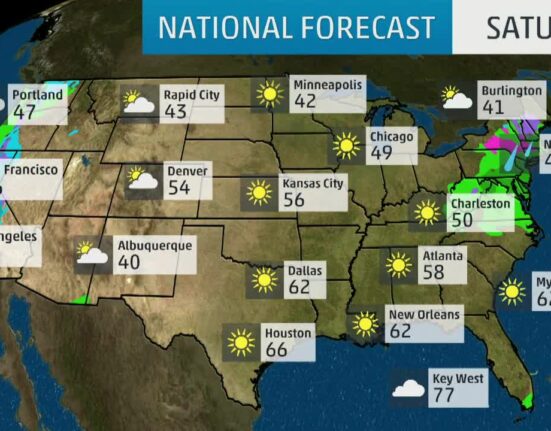
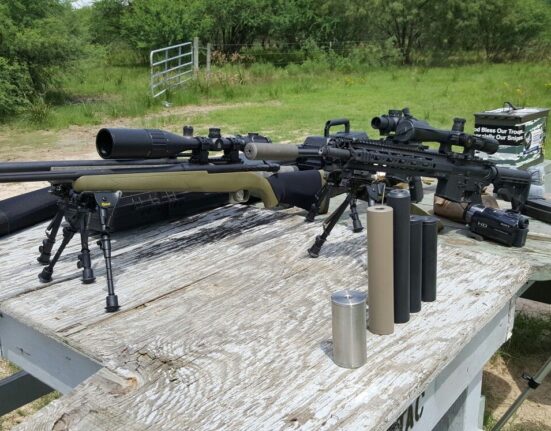
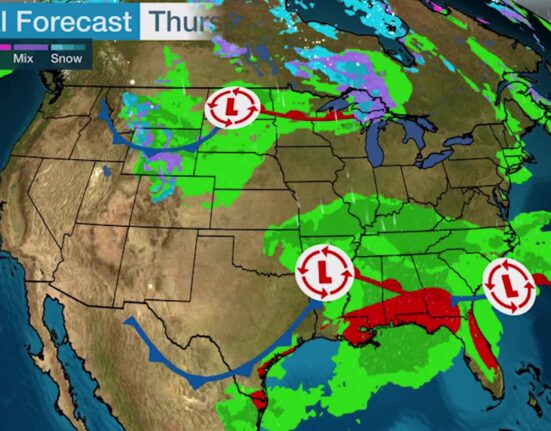
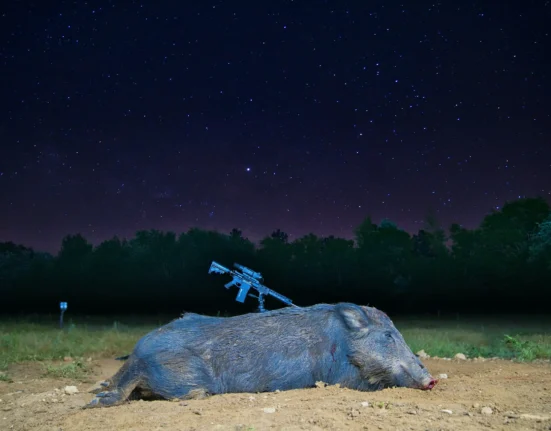
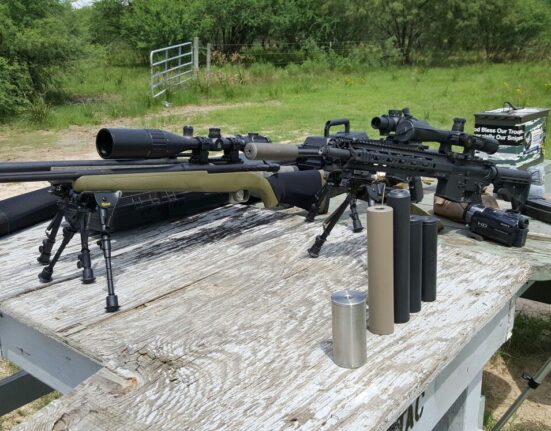
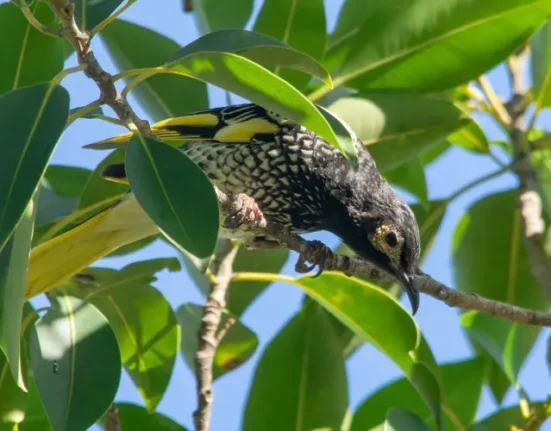
Leave feedback about this